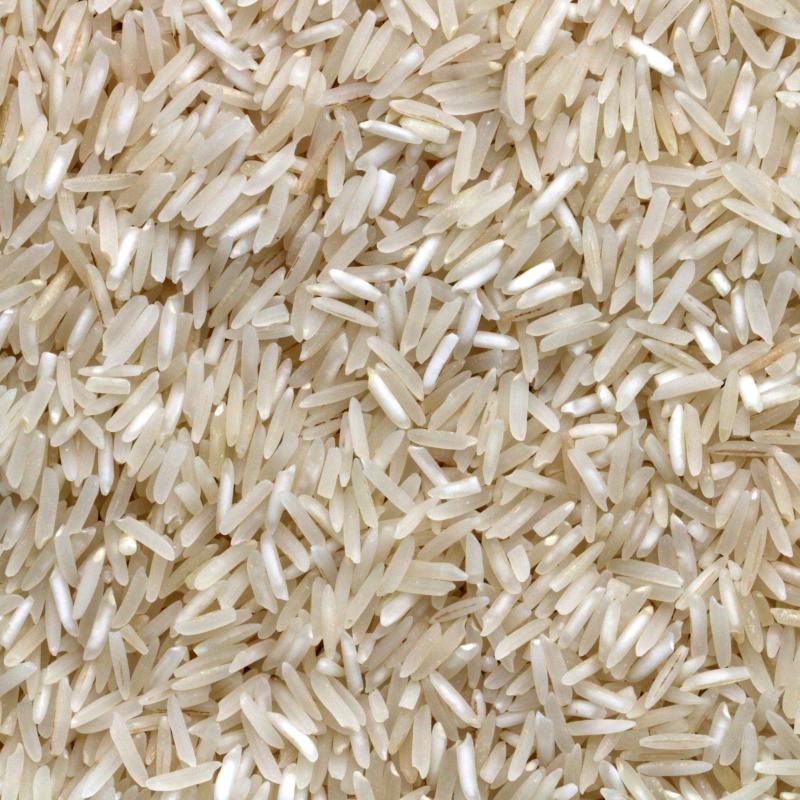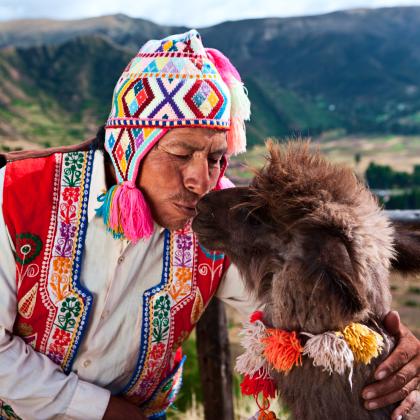system_main_block
Did you know that rice farming is responsible for greenhouse gas emissions equal to the entire global aviation industry?
Rice is a global staple food impacting climate and nature significantly. Addressing its greenhouse gas emissions, high water usage, and contribution to deforestation can lead to major positive changes, benefiting both the environment and the vast population reliant on rice for sustenance and livelihood.
The demand for rice is projected to increase by 70% over the next 30 years.
Women farmers contribute up to 80% of farm labour but remain systemically excluded.
Rice farming is highly vulnerable to climate change impacts, while also generating 10% of global man-made methane emissions.
Rice cultivation uses 30-40% of the world’s fresh water and accounts for 15% of global fertiliser use.
What are the challenges?
Rice production contributes significantly to climate change through greenhouse gas emissions, especially methane, and faces environmental issues such as high water usage, soil degradation, and biodiversity loss. Additionally, it's predominantly managed by smallholder farmers who struggle with climate impacts, limited support, and market challenges, often leading to poverty and financial insecurity.
Meet the SRP Squad: How a new generation of rice farmers are pioneering sustainability in Indonesia
Young rice farmers in Central Java are challenging traditional cultivation methods to make the World’s most popular grain sustainable.
Read more
views_block:impact_component_block-block_2
People impact
890,000+
farmers, workers and land managers are assured that their well-being, human rights and cultural heritage are protected.
Nature impact
36.7+ million
hectares of land where nature and environment are protected from degradation and conversion through use of sustainability standards.
Climate impact
32,000+
tonnes of CO2 emissions have been reduced, thus lowering the climate impact.
Have a question? Contact us
Our goal to foster lasting, positive transformations in key agricultural and forestry products around the world is guided by seasoned professionals. These experts bring a wealth of practical knowledge from their extensive time in the field and their involvement with international supply networks. If you have questions, please feel free to reach out.
Aadarsh Mohandas
Regional Director, South Asia | Rice Commodity Lead
amohandas@preferredbynature.org
views_block:read_about_other_commodities-block_1
Biomass
Biomass is essential for sustainable development, reducing carbon emissions, and providing renewable energy. Its growing utilisation highlights its importance in combating climate change and promoting sustainable practices across various industries.
Learn more
Cattle
While vital for food security, cattle also contribute to deforestation and climate change. Focused efforts are needed to promote sustainable practices that enhance biodiversity, soil health and the well-being of people and animals.
Learn more
Climate
Addressing climate change is urgent for sustainable development. Reducing greenhouse gas emissions emissions through innovative strategies is essential to mitigate its impact.
Learn more
Cocoa
Cocoa farming impacts the environment, economy and climate globally. Sustainable practices such as agroforestry can mitigate its negative effects, making cocoa relevant for climate change mitigation.
Learn more
Coffee
Balancing economic sustainability with responsible production practices is crucial in the coffee industry. Adapting to climate change while meeting rising global demand is essential for sustainable coffee production.
Learn more
Ecosystems
Revitalising ecosystems is crucial for our planet’s health and preservation. Combating deforestation and degradation with sustainable practices ensures long-term recovery.
Learn more
Palm Oil
Palm oil production supports economies but raises environmental and social concerns. Sustainable practices are crucial to address issues such as deforestation and labour rights.
Learn more
Rice
Rice production significantly impacts climate and nature. Addressing emissions, water usage and deforestation in rice farming can lead to positive environmental changes.
Learn more
Rubber
Natural rubber is essential for industries but contributes to deforestation and biodiversity loss. Addressing sustainability concerns such as poor working conditions is crucial in rubber production.
Learn more
Soy
Soy plays a vital role in global food security and biofuel production. Emphasising sustainable growth is essential to address environmental challenges in soy farming.
Learn more
Timber
Timber's global impacts on people, nature and climate require sustainable management. Forests are essential for biodiversity as well as soil and water conservation.
Learn more
Travel
The travel industry's sustainability intersects with environmental conservation and cultural preservation. Responsible consumption and support for local communities are crucial for sustainable travel.
Learn more
Other
Our mission extends beyond these focus areas to any crop or product with potential for sustainable impact. We support conservation and ecosystem restoration projects worldwide and help businesses adapt to changing regulations.
Learn more
We work with businesses on all aspects of their sustainability journey
Certification
Strengthen your organisation’s commitment to sustainability, showcasing impactful business transformations.
Sustainability advisory services
With over 30 years of experience in sustainability, our experts can support you in enhancing your sustainability journey.
Expert courses
Engage in impactful training experiences through our programmes, project-specific sessions, or bespoke courses upon request.
block_content:d7391b6f-991e-483f-8f5a-d26f635d27fb
Do you want to support our efforts to create a better world?
Small steps lead to a big change and all contributions are valuable.
block_content:94b41a32-a90c-4997-a533-ad66f6283cff
field_block:block_content:basic:body



